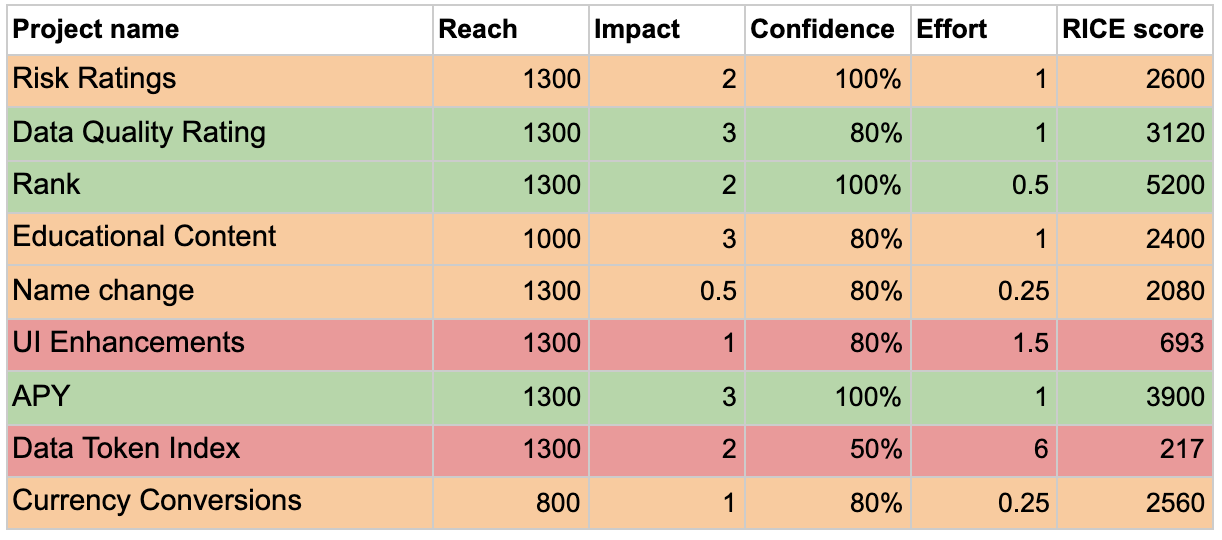
I only just entered the blockchain world professionally having watched closely from the sidelines for a number of years.
I've worked in corporate Advertising and Tech consultancies over the last 10 years and tried my hand in a number of different startups.
I recently joined the Ocean DAO and met Tim. I could see that what he was doing would be successful if Ocean is successful and while the index was technically sound, I knew I could contribute to its development by helping to round out Tim's strong technical skillset by paying special attention to user's needs.
Firstly, I wanted to identify the opportunity available to the index and answer the following questions;
Knowing this gives us a much clearer idea of what we're building and why we're building it. Opinions are great, but it's better to have actual feedback from real users. That way you know you're building something for real people and not just building the thing you want to build (something I've been guilty of doing in the past!).
Some were simple suggestions like 'I think you should change the name' while others were more illuminating and got to the core value proposition from the user's perspective like, "I don't currently use the site because I'm not looking to invest in data tokens."
After adding all 77 one liners to a spreadsheet I went through and tagged an associated theme to each piece of feedback (e.g. Risk, Education, Marketing etc).
I made a note of these finding and plan to feed them into marketing initiatives and prioritisation decisions in the future.
After digging deeper into the findings it became clear that an imediate opportunity exists to help users make better $OCEAN staking decisions.
I personally wouldn't have seen this as being RPI's primary opportunity to begin with but approaching users with an open mind and enabling insights to emerge from speaking with them is a great way to unearth hidden jems.
The secondary objective was to help users make better data token investment decisions which was more in line with my expectations.
After breaking the raw user feedback data down further I identified 9 key action items.
I then added these to the table below and prioritised them using the RICE prioritisation framework.

This helped us identify the relative priority of the various tasks at hand and plan accordingly.
The 9 items have been broken down further into a Now, Next, Later table enabling us to be clear on the areas of focus.

It's unlikely we will follow this table completely as things will inevitably change over time. However, this does give us a great foundation to build upon and start delivering value to users soon.
Tim was able to publish an article explaining how the ranking algortihm works already. You may need a PhD in Mathematics to understand it but that's besides the point.
We've got more work to do in order to break down these one liners into actionable user stories. For now though, we have a new and refined focus - helping users make better $OCEAN staking and datatoken investment decisions.
...watch this space.
Written by: Scott Milat